English Opens Doors Program: Teach in Chile for Free
About Program
Are you interested in volunteering to teach English in Chile? Consider the English Opens Doors Program. Participation is FREE and placements are available throughout Chile.
The English Opens Doors Program is sponsored by the United Nations Development Programme-Chile and the Chilean Ministry of Education. The English Opens Doors Program seeks highly motivated individuals to work as English teaching assistants in public schools throughout Chile. A typical week for a full-time volunteer includes 24 hours of English teaching and 11 hours of extracurricular activities. Volunteers teach alongside a Chilean head teacher and work with students ranging from 10 years old to 18 years old.
Our 2020 Volunteer Initiative application process is now closed. Information regarding our 2021 volunteer service dates and application deadlines will be published on our website in mid-September.
Video and Photos
Program Highlights
- Chilean public schools
- United Nations Development Programme
- Fee-free
- Education
- Volunteer




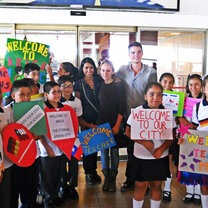

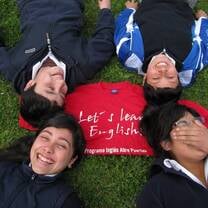
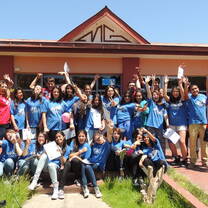
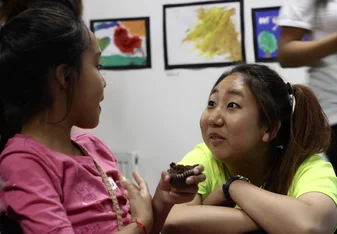
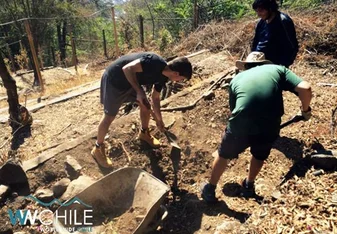
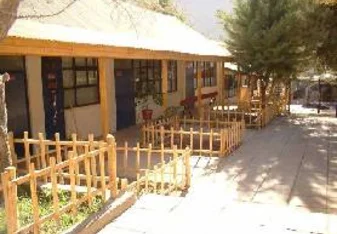















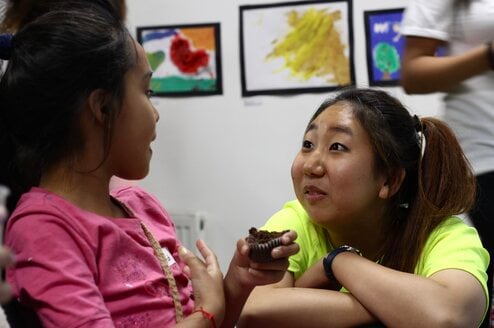
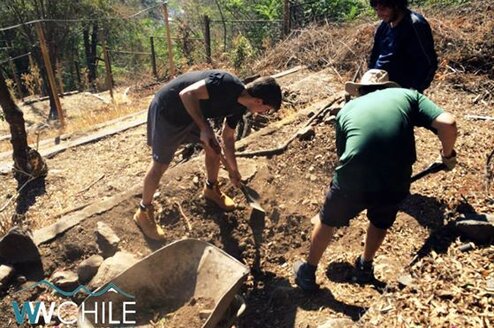

Response from English Opens Doors Program
We appreciate the honesty displayed by this former volunteer.
We do hope that former, present, and future volunteers understand that we cannot guarantee a perfect town, school, and host family for each volunteer. However, each year we work to improve our protocols so that our volunteers have positive experiences. In the final surveys from 2012 and 2013, 98% of volunteers say that they had a positive experience.
It is important to know that a representative of the program does visit every host family and approves them to host a volunteer. In addition, schools must comply with strict requirements in order to be eligible for a volunteer. Head teachers must be certified with a certain level of English.
In the end, our program is focused not necessarily on the volunteer experience, but whether or not the students are receiving a benefit from having a volunteer work in their school.
To respond to this volunteer's criticism, we clearly and consistently tell volunteers about the timeline in which they will learn about their placements. All volunteers receive their placement regions 2 weeks before the program starts, so that they can pack appropriately. All volunteers receive their specific placements during orientation week. Among other factors, this is due to the complicated nature of matching host families and schools with volunteers, and the inevitability of last minute changes (both from schools, families, and volunteers who drop out or are dismissed during orientation).
Truthfully, knowing one's specific placement earlier than during orientation week is completely unnecessary, and will not change any part of the pre-departure process for the volunteer. Those volunteers who are negatively affected by the timeline may not be flexible enough for volunteering with our program.